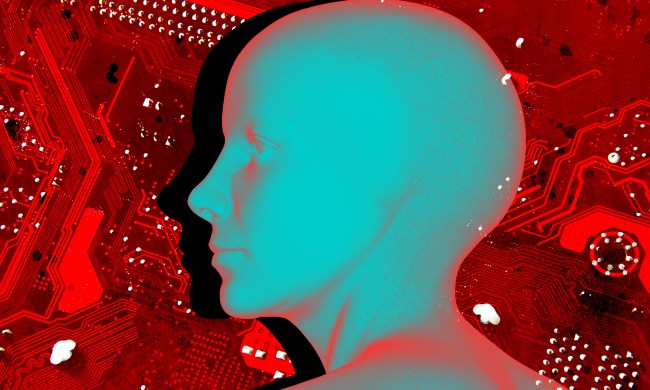Could a brain scan be the best way to tell a top-notch surgeon? Well, kind of. Researchers at Rensselaer Polytechnic Institute and the University at Buffalo have developed Brain-NET, a deep learning A.I. tool that can accurately predict a surgeon’s certification scores based on their neuroimaging data.
This certification score, known as the Fundamentals of Laparoscopic Surgery program (FLS), is currently calculated manually using a formula that is extremely time and labor-consuming. The idea behind it is to give an objective assessment of surgical skills, thereby demonstrating effective training.
“The Fundamental of Laparoscopic Surgery program has been adopted nationally for surgical residents, fellows and practicing physicians to learn and practice laparoscopic skills to have the opportunity to definitely measure and document those skills,” Xavier Intes, a professor of biomedical engineering at Rensselaer, told Digital Trends. “One key aspect of such [a] program is a scoring metric that is computed based on the time of the surgical task execution, as well as error estimation.”
The team of researchers on this project wanted to see if they could predict the FLS score of surgeons by using optical brain imaging. Thanks to a concurrent neural network, they demonstrated that they were able to do this with a high level of accuracy. This work is based on previous research in which functional near-infrared spectroscopy (fNIRS) was shown to be effective at classifying different motor task types, thereby providing a potential means of manual skill performance level. In this latest project, the researchers used the same fNIRS data to predict ultimate performance scores used in surgical certification.
“These results are a stepping stone toward leveraging neuroimaging and deep learning for neurofeedback to improve surgical skill acquisition, retention, and the certification process,” Intes continued. “The advantage of these approaches is that they should enable a more personalized training regimen with bedside feedback for optimal skill acquisition. Current approaches are singularly focusing on task repetition without potential for fast and objective feedback.”
This work is part of a continuous effort to enhance the way that surgical skills are taught and assessed. On its own, this latest piece of research is not going to fundamentally change that. However, going forward it could lay the groundwork for new ways of improving surgical task execution — and personalized approaches to training — by using neuroimaging assessment.
“We are currently using the FLS score as the means to assess surgical skills,” Intes said. “We hope that, with further studies, we will be able also to go beyond this metric and discover [a] new set of neurobiomarkers that will provide finer insight on surgical skill learning and execution.”
A paper describing the research is available to read in the journal IEEE Transactions on Biomedical Engineering.


